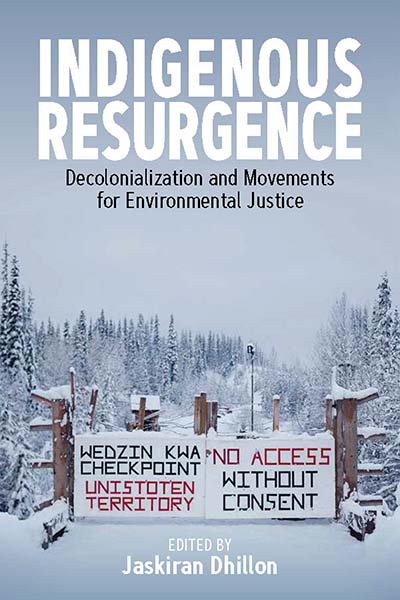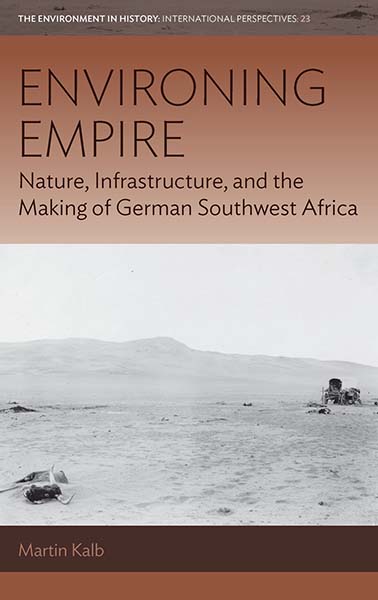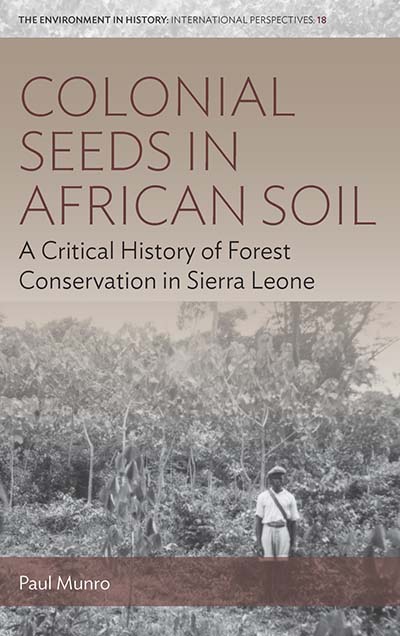
Series
Volume 26
Environment in History: International Perspectives
See Related
History JournalsEmail Newsletters
Sign up for our email newsletters to get customized updates on new Berghahn publications.
Tropical Nature
Colonial and Post-Colonial Conservation in Africa and Asia
Edited by Guillaume Blanc, Mathieu Guérin, and Grégory Quenet
328 pages, 22 ills., bibliog., index
ISBN 978-1-80539-891-2 $135.00/£104.00 / Hb / Published (March 2025)
eISBN 978-1-80539-892-9 eBook
Reviews
“The book raises a major issue: social and environmental justice. Those who advocate protection are not those who suffer its constraints.” • Steve Hagimont, 20&21. Revue d'histoire, n° 159, 2023
“The book as a whole insists on a contradiction that seems inherent to conservation: "this policy does not exist alongside destruction but with it". Highlighted by the title of the book, this contradictory association is found in two logics: protecting in order to exploit and exploiting in order to protect.” • Colin Vanlaer, Moussons, n°41, 2023
Description
Across Africa and South-East Asia, the impulse to protect nature often dovetails with the domination of local people. From mass displacement to severe restrictions on land use and daily acts of violence, conservation work risks reproducing Eurocentric modes of colonialism and worsening the effects of the climate crisis. In this insightful and wide-ranging study of the colonial history of conservation, Tropical Nature seeks to provide a much-needed history of the Global South from its own perspective. Comparing case studies ranging from Ali Bongo’s Gabon, to the postcolonial African itinerary of the agronomist Arthur Bunting, this volume advances a “small-scale global history” that deciphers the relations binding human societies to the non-human world.
Guillaume Blanc is Associate Professor of Contemporary History at the University of Rennes 2 and a member of the Institut Universitaire de France (2021-2026). His work focuses on the global governance of nature, with a particular concentration on Ethiopia and East Africa. He has recently published La nature des hommes (La Découverte, 2024) and The Invention of Green Colonialism (Polity, 2022).
Mathieu Guérin is Associate Professor of Southeast Asian History at the Institut National des Langues et Civilisations Orientales (INALCO). His research specializes in the social and economic history of Cambodia in the nineteenth and twentieth centuries, focusing especially on the history of wildlife conservation since the colonial era.
Grégory Quenet is Professor of Environmental History at UVSQ-Paris Saclay University and holder of the Laudato Si’ Chair Pour une nouvelle exploration de la terre at the Collège des Bernadins. A specialist in environmental history, he has worked on natural disasters in the modern era, written an intellectual history of environmentalism, and helped ecologize the Château de Versailles.
Subject: Colonial HistoryEnvironmental Studies (General)History: 20th Century to Present
Area: AfricaAsia
Contents
Download ToC (PDF)




